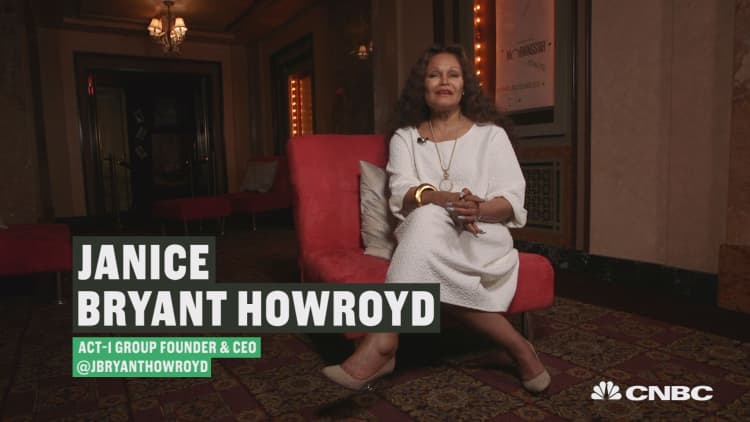The five original cast members of the CBS show "The Big Bang Theory," Jim Parsons, Johnny Galecki, Kaley Cuoco, Kunal Nayyar and Simon Helberg, are some of the highest-paid comedy actors on television, and for good reason.
"The Big Bang Theory" is the number one comedy for the sought-after demographic of 18-to-49-year-olds and averages 20 million viewers per episode. According to Variety, "The show has grossed over $1 billion in syndication for Warner Bros alone."
Variety reports that the show's biggest stars, Parsons, Galecki and Cuoco, signed contracts worth $1 million per episode back in 2014. In the last contract renewal, Nayyar and Helberg caught up with them.
However, the show's two main remaining cast members, Mayim Bialik and Melissa Rauch, who play Amy Farrah Fowler and Bernadette Rostenkowski, respectively, only make around $200,000 per episode. That's despite Bialik's four consecutive Emmy nominations between 2012 and 2015.
Hoping to remedy this inequality, Bialik and Rauch's five co-stars, including actress Kaley Cuoco, have reportedly agreed to take $100,000 pay cuts. This bold commitment is putting pressure on the network to provide something close to parity for all seven members of the cast: The money given up by their co-stars could be used to raise Bialik and Rauch's wages to $450,000 per episode.
As Bialik's nominations prove, Bialik and Rauch have become integral to the show's world. Additionally, Rauch's character recently had a baby with Helberg's character. Both actresses would be sorely missed by fans if they were to leave the show, and they could use that popularity as leverage in the next round of negotiations like Emmy Rossum of Showtime's "Shameless" recently did.
The altruism of the "Big Bang Theory" cast highlights the problem of wage inequality in the television industry. But TV is hardly the only sector with a pay gap. A Glassdoor report found that media had the fifth-largest gap in compensation between men and women. The healthcare industry is the most unequal. One survey reveals that the compensation gap between female and male partners at law firms in the U.S. is a massive 44 percent.
Ideas to tackle the pervasive problem include having companies publish compensation data broken down by gender and banning negotiation altogether.
Still, while discussions of the pay gap are common, coworkers making sacrifices to make compensation fairer across the board is not. The actions of the "Big Bang Theory" cast exemplifies one way that coworkers can help each other draw attention to the issue of, and negotiate for, pay equality.



